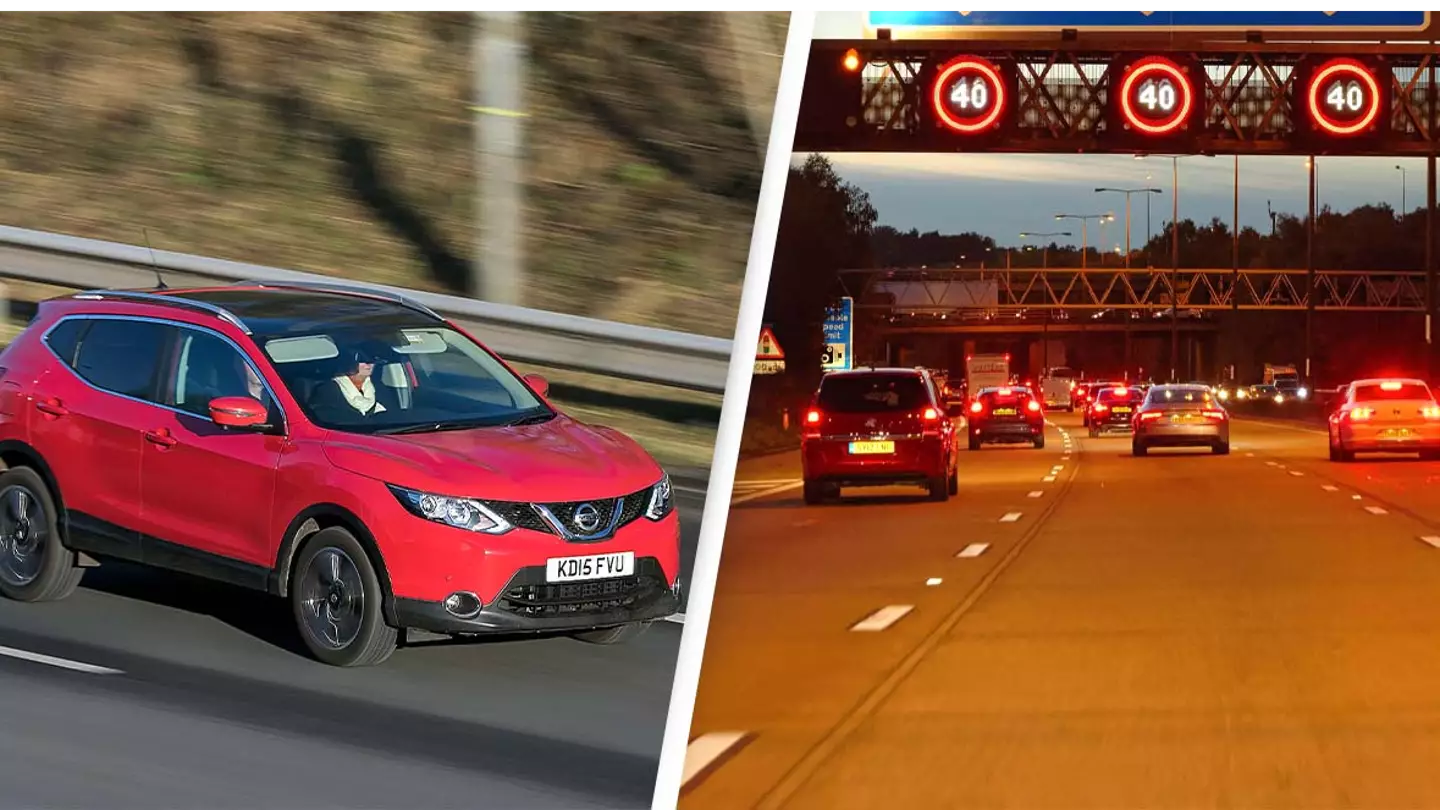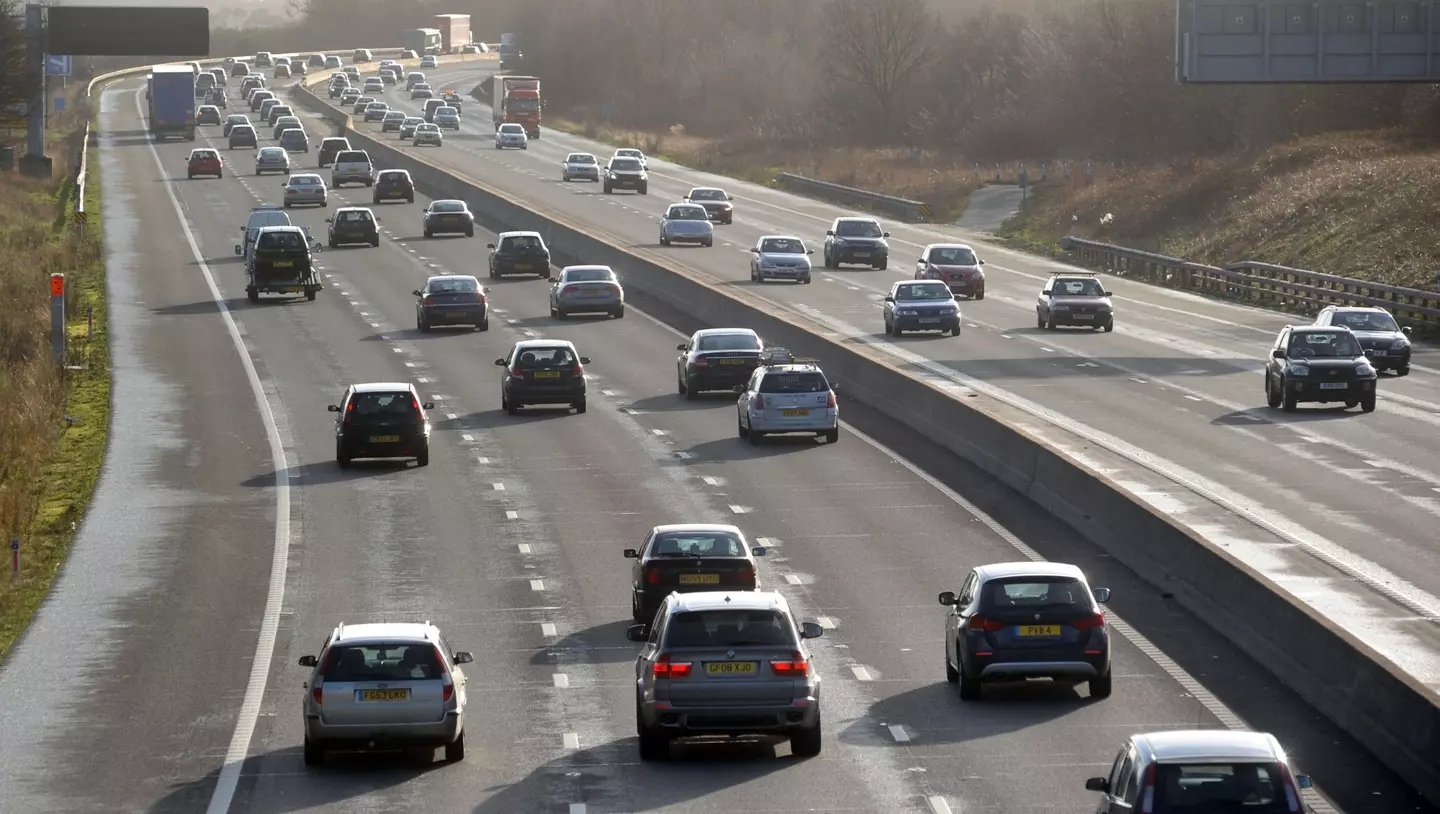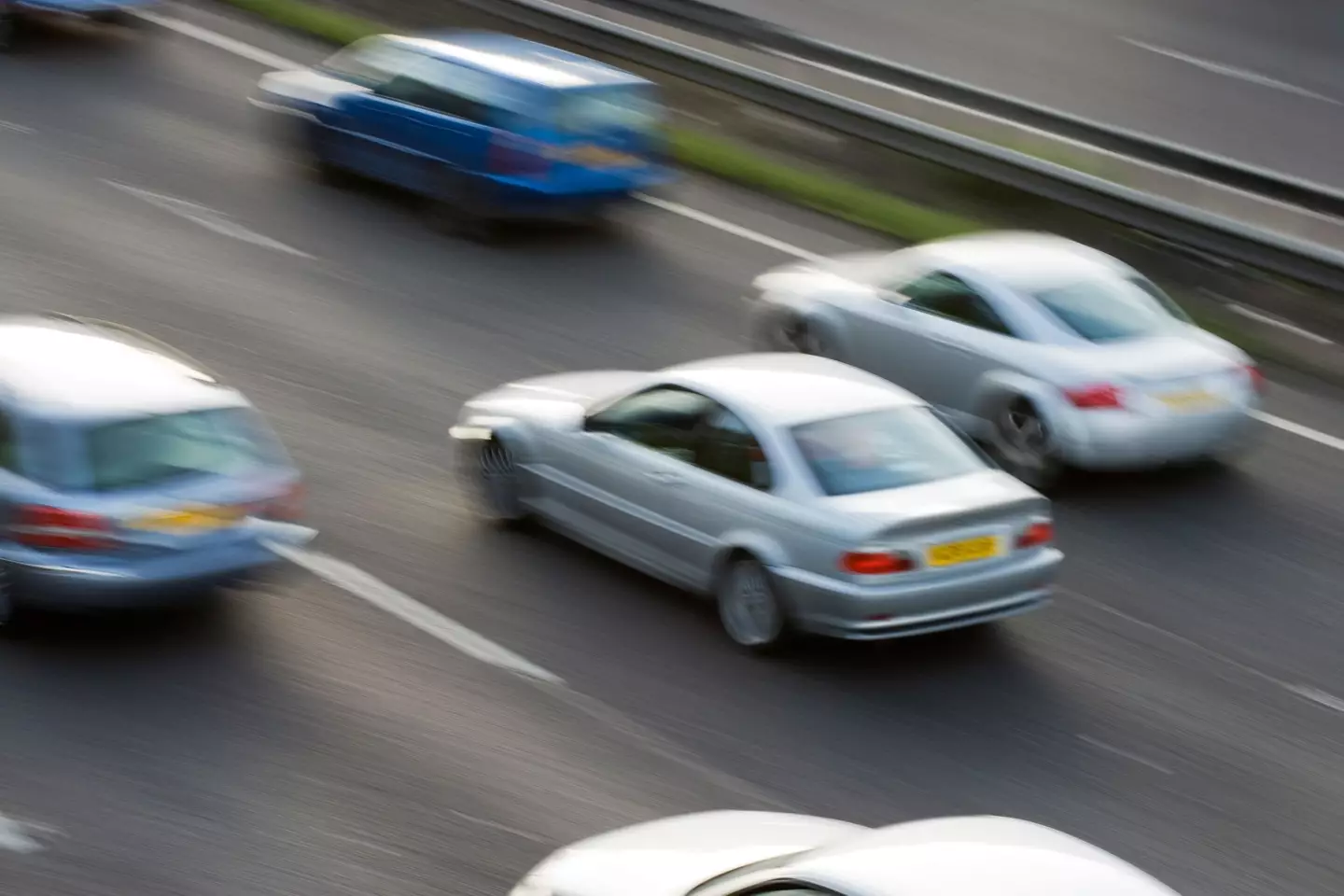

Motorists are at risk of forking out more in tax, with new rules coming into effect this year to encourage drivers to move to more eco-friendly vehicles.
As of April 2022, new Vehicle Excise Duty tax rates will be launched, meaning drivers of both petrol and diesel cars could see a jump in their tax bill.
Currently, car tax is split up into two parts: the annual road tax fee; and the vehicle excise duty (VED). Currently, road tax is a one-off payment of £155, while VED is calculated based on the CO2 emissions of your vehicle.
Advert

As of April 1, road tax will go up by £10 to £165. VED, however, will see a larger increase, with those owning models that produce a lot of air pollution set to be the most affected by the changes.
VED rates across the board will see a hike, except for vehicles producing less than 75 g/km of CO2. Cars that produce more than 255 g/km of CO2 will rise to £2,365 – a huge £120 jump from the current rate. Meanwhile, vehicles producing 226-255 g/km will see a £105 increase, and those producing 191-225 g/km will see a price hike of £75.
Sean Kemple, a spokesperson for Close Brothers Motor Finance, warned both petrol and diesel motorists that the changes could mean they are getting 'penalised' based purely on the 'type of vehicle they are purchasing'.
Advert

Kemple also stressed the 'challenge' that would be facing drivers as many start to look towards electric vehicles, pointing out the government would have to 'offset' tax revenues.
'You can see the incentive from a tax perspective of road tax and benefit in kind moving towards lower emission vehicles', he explained, per The Express. 'The challenge then is, how does the government then offset those tax receipts in terms of what they would have been getting from petrol and diesel vehicles.'
He concluded, 'What you then see is the consumers of petrol and diesel, in their view, I suppose being penalised by the type of vehicle they are purchasing.'
Advert

The changes to VED were initially announced last year during Autumn Budget and aim to ensure motorists 'make a fair contribution to the public finances'.
'The increase in VED rates is in line with RPI meaning rates will remain unchanged in real terms for vehicle owners,' HM Revenue and Customs said at the time.
If you have a story you want to tell, send it to UNILAD via [email protected]